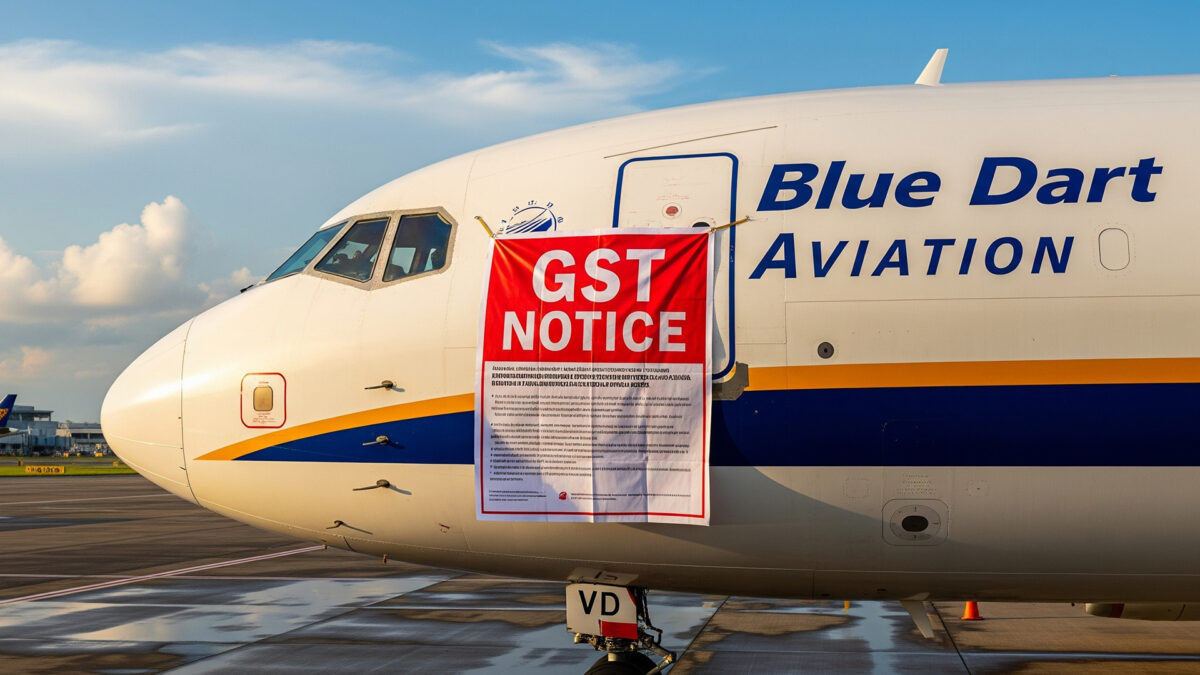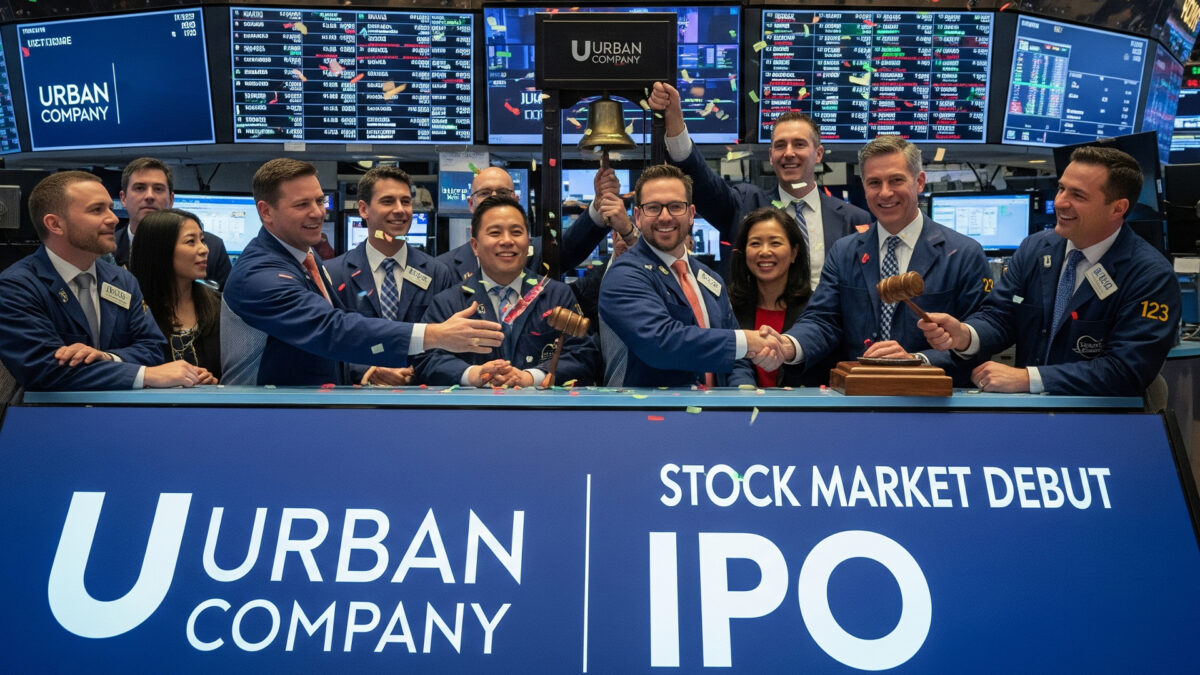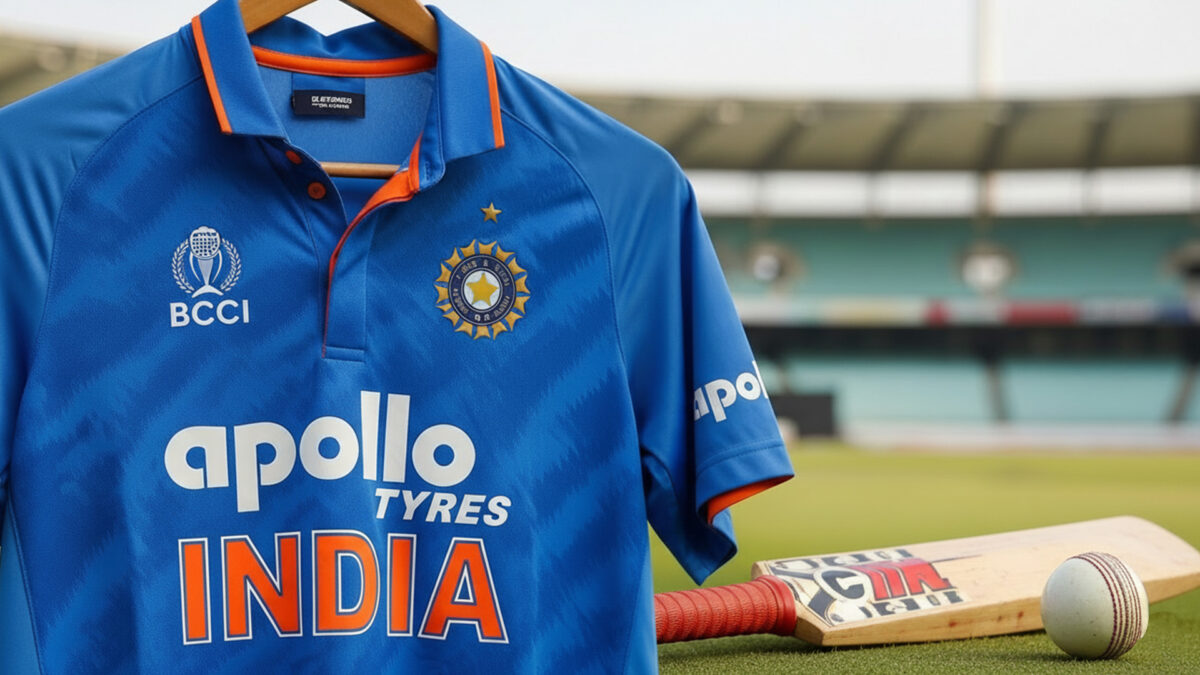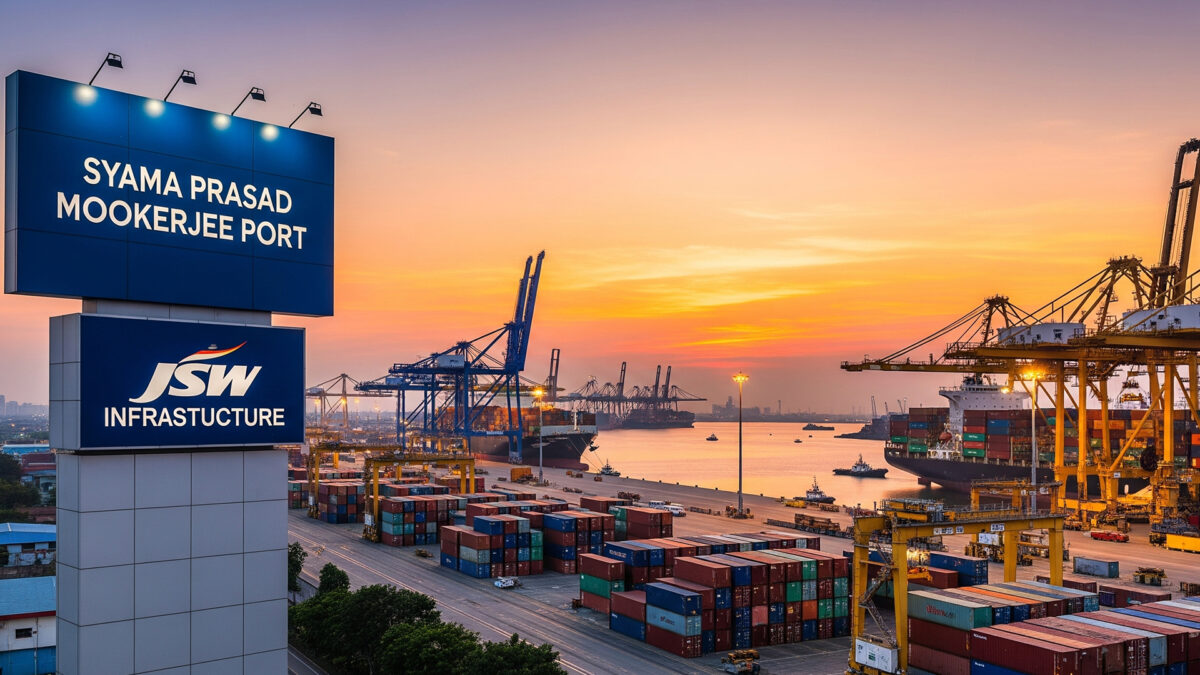The Maharashtra State Transport Authority (STA) has granted provisional licences to Ola, Uber, and Rapido to operate bike taxi services in the Mumbai Metropolitan Region (MMR). This development marks a significant step towards formalizing the bike taxi sector in Mumbai, providing residents with an affordable and efficient transportation option.
Regulatory Framework, Fare Structure, and Political Controversy
Under the newly implemented Maharashtra Bike Taxi Rules 2025, the STA has set a minimum fare of ₹15 for the first 1.5 km, with an additional ₹10.27 per km thereafter. These rates are based on the Khatua panel formula, which is also used to determine fares for autorickshaws and taxis in the state. The fare structure aims to offer competitive pricing compared to traditional modes of transport, such as black-and-yellow taxis and autorickshaws, which have higher minimum fares.
The provisional licences are contingent upon the companies submitting applications for permanent licences within one month, adhering to all terms and conditions outlined in the Maharashtra Bike Taxi Rules 2025. This includes ensuring that riders are between 20 and 50 years old, possess valid commercial driving licences, and have undergone police verification. Additionally, operators are required to use yellow-coloured vehicles equipped with two yellow helmets and offer safety features like the option for female passengers to request female riders.
Among the four applications received by the transport department, Smart-Ride’s application was rejected for failing to meet the necessary terms and conditions for operating a bike taxi service. The STA emphasized the importance of compliance with regulatory standards to ensure passenger safety and service quality.
The approval of bike taxi services has sparked political controversy. Opposition leaders, including Rohit Pawar of the Nationalist Congress Party (NCP) and Aaditya Thackeray of Shiv Sena (UBT), have criticized the decision. They allege a conflict of interest, pointing to a reported ₹10 crore sponsorship by Rapido for a league associated with Transport Minister Pratap Sarnaik. Both leaders questioned the sudden policy shift, from previous crackdowns on unauthorized bike taxis to granting official approval within months.
Public sentiment in Mumbai is mixed. Some residents welcome the introduction of bike taxis as a convenient and cost-effective alternative to traditional transport options. However, concerns have been raised about potential traffic congestion and the adequacy of existing infrastructure to support the new service.
The approved bike taxi services are expected to commence operations in the coming weeks, pending the completion of necessary formalities. The STA has indicated that it will review the fare structure and operational effectiveness after one year to assess the impact on the transportation ecosystem in Mumbai.
As the bike taxi services prepare to launch, stakeholders, including commuters, transport operators, and regulatory authorities, will be closely monitoring the implementation to ensure that the services meet safety standards and contribute positively to urban mobility in Mumbai. This initiative could redefine last-mile connectivity and offer a scalable model for other metropolitan areas in India while addressing urban traffic challenges.
Also Read: Wipro and CrowdStrike Launch AI-Driven CyberShield MDR to Boost Enterprise Security









